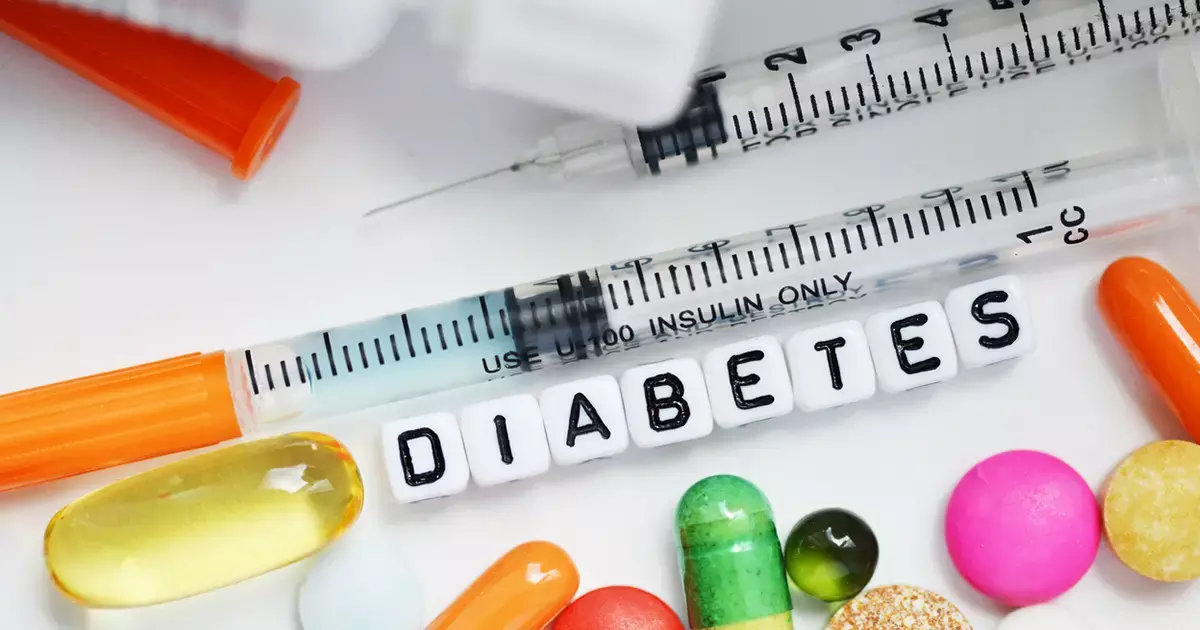- Home
- Medical news & Guidelines
- Anesthesiology
- Cardiology and CTVS
- Critical Care
- Dentistry
- Dermatology
- Diabetes and Endocrinology
- ENT
- Gastroenterology
- Medicine
- Nephrology
- Neurology
- Obstretics-Gynaecology
- Oncology
- Ophthalmology
- Orthopaedics
- Pediatrics-Neonatology
- Psychiatry
- Pulmonology
- Radiology
- Surgery
- Urology
- Laboratory Medicine
- Diet
- Nursing
- Paramedical
- Physiotherapy
- Health news
- Fact Check
- Bone Health Fact Check
- Brain Health Fact Check
- Cancer Related Fact Check
- Child Care Fact Check
- Dental and oral health fact check
- Diabetes and metabolic health fact check
- Diet and Nutrition Fact Check
- Eye and ENT Care Fact Check
- Fitness fact check
- Gut health fact check
- Heart health fact check
- Kidney health fact check
- Medical education fact check
- Men's health fact check
- Respiratory fact check
- Skin and hair care fact check
- Vaccine and Immunization fact check
- Women's health fact check
- AYUSH
- State News
- Andaman and Nicobar Islands
- Andhra Pradesh
- Arunachal Pradesh
- Assam
- Bihar
- Chandigarh
- Chattisgarh
- Dadra and Nagar Haveli
- Daman and Diu
- Delhi
- Goa
- Gujarat
- Haryana
- Himachal Pradesh
- Jammu & Kashmir
- Jharkhand
- Karnataka
- Kerala
- Ladakh
- Lakshadweep
- Madhya Pradesh
- Maharashtra
- Manipur
- Meghalaya
- Mizoram
- Nagaland
- Odisha
- Puducherry
- Punjab
- Rajasthan
- Sikkim
- Tamil Nadu
- Telangana
- Tripura
- Uttar Pradesh
- Uttrakhand
- West Bengal
- Medical Education
- Industry
Tirzepatide plus insulin glargine improves blood sugar control in type 2 diabetes patients: SURPASS-5 trial

USA: The addition of once-weekly subcutaneous tirzepatide to insulin glargine may significantly improve blood sugar control versus placebo in patients with type 2 diabetes (T2D) and inadequate glycemic control, reveals a recent study.
"Our findings from the SURPASS-5 trial showed that in adult T2D patients on daily basal insulin, tirzepatide addition significantly reduced and improved weight loss at 40 weeks compared to placebo," Dominik Dahl and colleagues wrote in their study published in the Journal of the American Medical Association (JAMA).
Tirzepatide is a dual glucose-dependent insulinotropic polypeptide and glucagon-like peptide-1 receptor agonist. Its effects as an addition to insulin glargine for type 2 diabetes treatment have not been described. Dr. Dahl and the team, therefore, aimed to assess the efficacy and safety of tirzepatide added to insulin glargine in patients with type 2 diabetes with inadequate glycemic control.
For this purpose, the researchers conducted a randomized phase 3 clinical trial at 45 medical research centers and hospitals in 8 countries. 475 adults with type 2 diabetes and inadequate glycemic control while treated with once-daily insulin glargine with or without metformin were enrolled from August 30, 2019, to March 20, 2020; and follow-up completed January 13, 2021.
Patients were randomized in a ratio of 1:1:1:1 to receive once-weekly subcutaneous injections of 5-mg (n = 116), 10-mg (n = 119), or 15-mg (n = 120) tirzepatide or volume-matched placebo (n = 120) over 40 weeks. Inititation of tirzepatide done at 2.5 mg/week and escalated by 2.5 mg every 4 weeks until the assigned dose was achieved.
Mean change from baseline in glycated hemoglobin A1c (HbA1c) at week 40 was the primary endpoint. The 5 key secondary endpoints included mean change in body weight and percentage of patients achieving prespecified HbA1c levels.
Salient findings of the study include:
- Among 475 randomized participants (211 [44%] women; mean age, 60.6 years; mean HbA1c, 8.31%), 451 (94.9%) completed the trial.
- Treatment was prematurely discontinued by 10% of participants in the 5-mg tirzepatide group, 12% in the 10-mg tirzepatide group, 18% in the 15-mg tirzepatide group, and 3% in the placebo group.
- At week 40, mean HbA1c change from baseline was −2.40% with 10-mg tirzepatide and −2.34% with 15-mg tirzepatide vs −0.86% with placebo (10 mg: difference vs placebo, −1.53%; 15 mg: difference vs placebo, −1.47%).
- Mean HbA1c change from baseline was −2.11% with 5-mg tirzepatide (difference vs placebo, −1.24%).
- Mean body weight change from baseline was −5.4 kg with 5-mg tirzepatide, −7.5 kg with 10-mg tirzepatide, −8.8 kg with 15-mg tirzepatide and 1.6 kg with placebo (5 mg: difference, −7.1 kg; 10 mg: difference, −9.1 kg; 15 mg: difference, −10.5 kg).
- Higher percentages of patients treated with tirzepatide vs those treated with placebo had HbA1c less than 7% (85%-90% vs 34%).
- The most common treatment-emergent adverse events in the tirzepatide groups vs placebo group were diarrhea (12%-21% vs 10%) and nausea (13%-18% vs 3%).
To conclude among type 2 diabetes patients having inadequate glycemic control despite treatment with insulin glargine, the addition of subcutaneous tirzepatide, compared with placebo, to titrated insulin glargine resulted in statistically significant improvements in glycemic control after 40 weeks.
Reference:
Dahl D, Onishi Y, Norwood P, et al. Effect of Subcutaneous Tirzepatide vs Placebo Added to Titrated Insulin Glargine on Glycemic Control in Patients With Type 2 Diabetes: The SURPASS-5 Randomized Clinical Trial. JAMA. 2022;327(6):534–545. doi:10.1001/jama.2022.0078
Dr Kamal Kant Kohli-MBBS, DTCD- a chest specialist with more than 30 years of practice and a flair for writing clinical articles, Dr Kamal Kant Kohli joined Medical Dialogues as a Chief Editor of Medical News. Besides writing articles, as an editor, he proofreads and verifies all the medical content published on Medical Dialogues including those coming from journals, studies,medical conferences,guidelines etc. Email: drkohli@medicaldialogues.in. Contact no. 011-43720751


